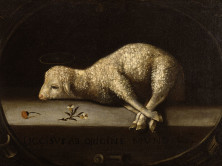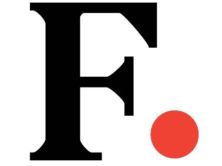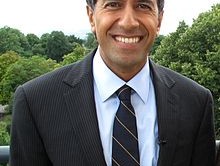
(Credit: Marcin n®/Wikipedia)
Calling a university lecturer “the nutty professor” isn’t akin to claiming the person has a mental illness, the Australian Press Council ruled.
The Daily Telegraph did so in three Aug. 2018 stories about an Australian lecturer Dr. Fiona Martin but the press council dismissed Martin’s complaints of accuracy and fairness. “The Council considers that readers would recognise ‘The Nutty Professor’ as a popular reference to unconventionality, and not as suggesting that the complainant had a mental illness,” the council ruled. “Given that the publication otherwise accurately referred to the complainant as ‘Dr Martin’ throughout the articles, readers were unlikely to be misled about her title.”
The Telegraph’s articles reported that Martin told students “how to cover their digital tracks if contemplating suicide or murder” and called a deceased cartoonist vile (Martin says she called his cartoon, not the man vile.)
iMediaEthics has written to the Telegraph’s parent company News Corp. and Martin. In an e-mail to iMediaEthics, Martin called the ruling “disappointing” and suggested it wasn’t able to hold the media accountable enough. “The story about me is just one of a number of unfair and misleading stories in the Murdoch media about Australian journalism educators over the last decade, and suggests that they will respond to any form of critique with attack journalism,” she wrote, criticzing the paper’s reporter for not identifying himself at the lecture and for taking a “paparazzi shot.”
She added, “I didn’t bother to complain about the Australian’s erroneous reporting of the issue, because there’s only so much time in the day that I can spare to fighting these ridiculous claims.”
Martin argued the story “misleadingly implied she has a mental illness,” and complained to the council of various errors in the story. However, the council rejected that argument.
The council dismissed Martin’s claim the Telegraph erred in describing her background, comments and course information, finding the paper wasn’t “significantly inaccurate.” Further, the council noted that a university course is in public and reports on them are in the public interest, and that Martin had “an adequate opportunity to respond.”






